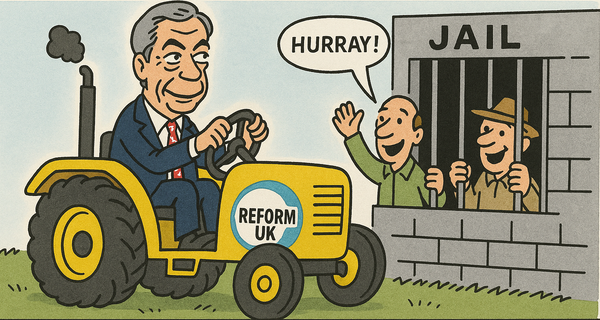The Journalistic Narrative Drift – a story of the BBC Social Media Summit
Journalists are creatures of narrative. We write stories. We ask what the story is. We shape a series of events into a coherent article, be that 300 or 3000 words long, that makes sense. One could accuse us of imposing meaning and order on events that have none – but that’s a human trait, just one that we have to excess.
We even have our own narratives, the narrative of the Fleet Street reporter, which carries the whiff of the trilby and the press card, and of the adrenaline junkie war reporter. We have the doorstopping local journalists and the obsessive TV reporter.
Those narratives are being disrupted. Have been disrupted. Will be disrupted.
Many people have noted that there’s been a huge narrative shift in many contemporary dramas, because the mobile phone had disrupted storytellers’ ability to put their characters into isolation. They have such each and rapid access to communication and information that many dramatic tropes of the past simply don’t work.
Our own narratives are rooted in us being the noble public servants, given access to the sacred keys of communication. But those keys are available to pretty much everybody now. Anyone who is on Facebook is publishing more than anyone bar professional journalists were publishing 30 years ago. That’s the new mainstream media. Those who think of themselves as “mainstream” media are just slightly bigger specialists than those of us who have rejoiced in the label for decades. But their own narratives don’t allow them to see this.
Perhaps it was inevitable that the fastest adopters of social media have been those without such a compelling self-narrative; the web journalists, the specialists, the entrepreneurs. Without such a defining vision of what their job is, of who they are within the mythology of journalism, they have been freed to write a new one. They aren’t compelled to bolt the new stuff onto the old; they can, instead, recreate what they are doing with new tools that make what they are doing more compelling, more enjoyable, more useful.
My abiding impression of the BBC Social Media Summit was of a bunch of people who are still trying to incorporate social media into their pre-existing narrative. They are trying to rope new communication technology onto the conventions of the past. They are using petrol engines to pull carriages once pulled by horses, while others are busy pottering around in cars.
Those who believe that Twitter is mainly about “broadcast” for mainstream organisations are not just wrong, they are wilfully ignoring the experience, successes and failures of many others. And that was one of the most powerful messages that came out of the summit to me – that some people will work very hard to exclude the experiences of others that challenge their own preconceptions of their working environment. I’ve called this “special pleading” in the past. Every single market we serve at RBI has given me reasons why social media won’t work in their market. Most memorably, someone from Computer Weekly gave me a long speech on why people in the tech industry would never, ever use social media. Ever single piece of special pleading has been proved to be false.
Elements of the “mainstream” media have already started to change their narratives. Alan Rushbridger’s mention of “mutual media” was probably the most compelling sentence uttered in the entire day. But then compare the name of his publication – The Guardian – to the Telegraphs, Mails, Heralds, and Mercurys – broadcast names all, in their own ways. His implies a relationship with the people they serve beyond that of those-who-are-speaking and those-who-are-listening. The others do not.
Until the mainstream of the “mainstream” media learn that 10,000 quiet voices can be more powerful than a single loud one, then days like last Friday will have elements that are useful and even compelling – and I think the talk from Al Jazeera was one of those – but ultimately be dominated by too many voices raging against the irrelevance of their own story. They no longer have an angle, and they hate it.





